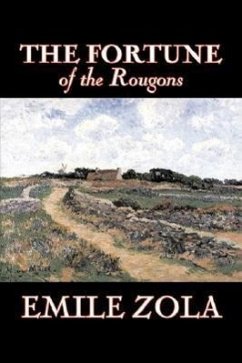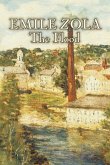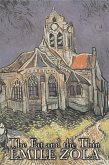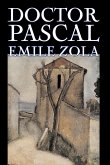The first of a series of more than twenty novels, The Fortune of the Rougons presents the passions and conflicts of two families -- one wealthy and aiming at the aristocracy, the other working-class and in desperate poverty -- in a French village in the years leading up to Napoleon III's coup against the weak French republic and the triumph of his Second Empire. The great political tides of their time flow in, mingling national rivalries with the personal and familial passions of the one town and two families. Zola ties together the triumph of schemers on the national level with the victory of cunning, deceit, and wealth over those hoping merely for the safety of their loves and the chance at an honest life.
Hinweis: Dieser Artikel kann nur an eine deutsche Lieferadresse ausgeliefert werden.
Hinweis: Dieser Artikel kann nur an eine deutsche Lieferadresse ausgeliefert werden.








